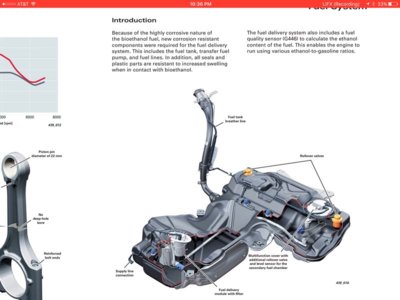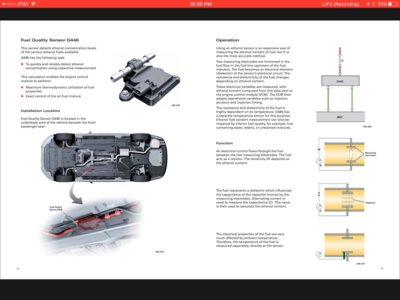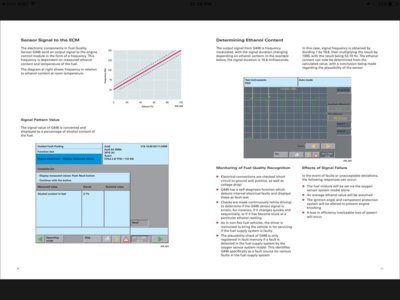No one was arguing that, they were arguing the verbiage of which fuel you should be allowed to run in the truck. May want to go back and review.
Some people were making the claim octane has no impact. I'm specifically responding to them.
You guys are so darn hilarious arguing about fuel. My truck has had 87 octane for 1500 miles. I also did some testing with a VBOX and saw ZERO difference in times between 87 and 91 octane. I took my truck to the track with 87 octane and it performed perfectly fine.
So you put in 91 and immediately tested times afterwards? It takes some time for the ECU to adjust to the increased octane levels.
does it really matter what octane or gas someone uses, its what you believe works for you. now tampons are a different story, sure they all absorb blood but it all comes down to applicator and comfort. its all about the user....
This isn't about belief. This is about science.




